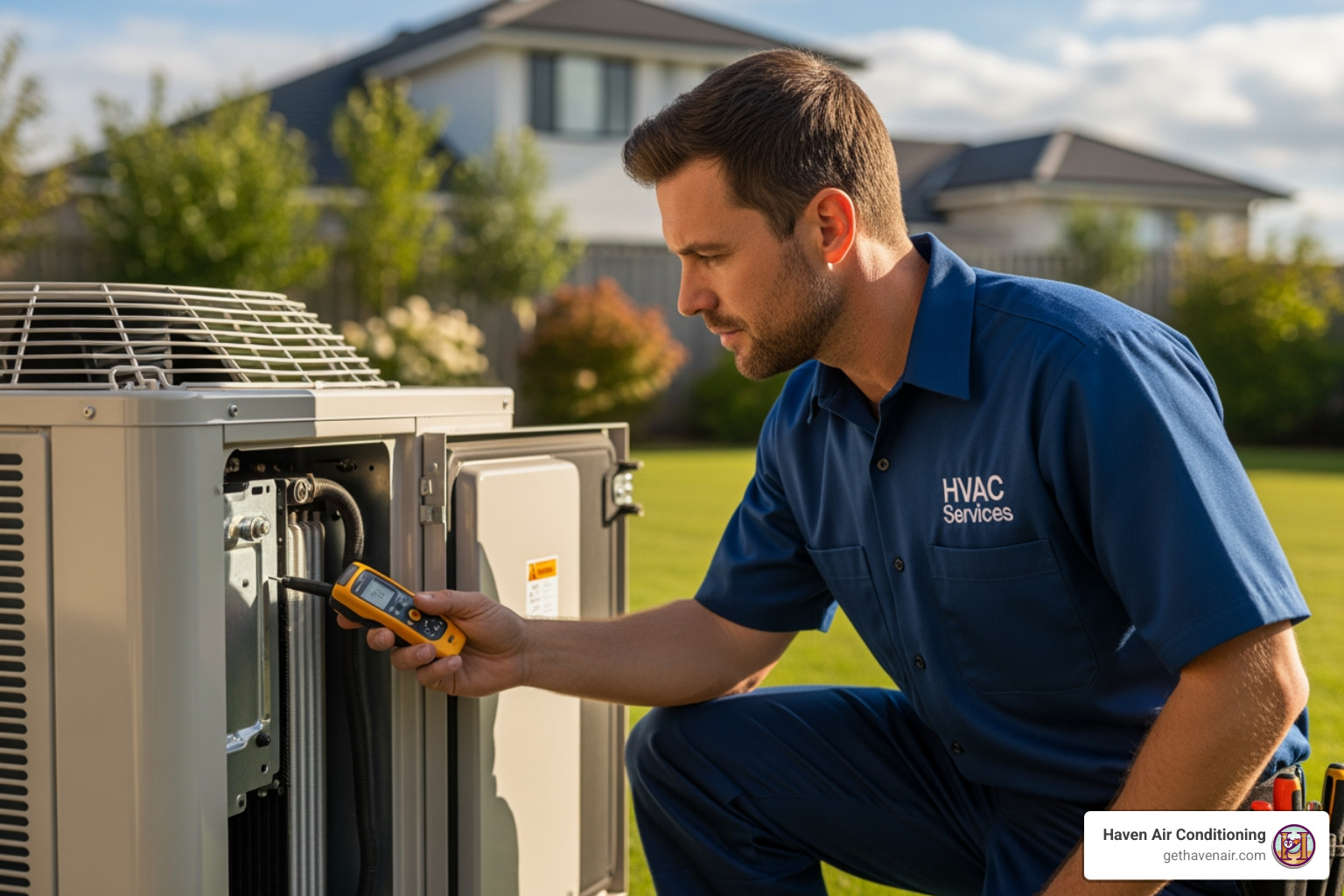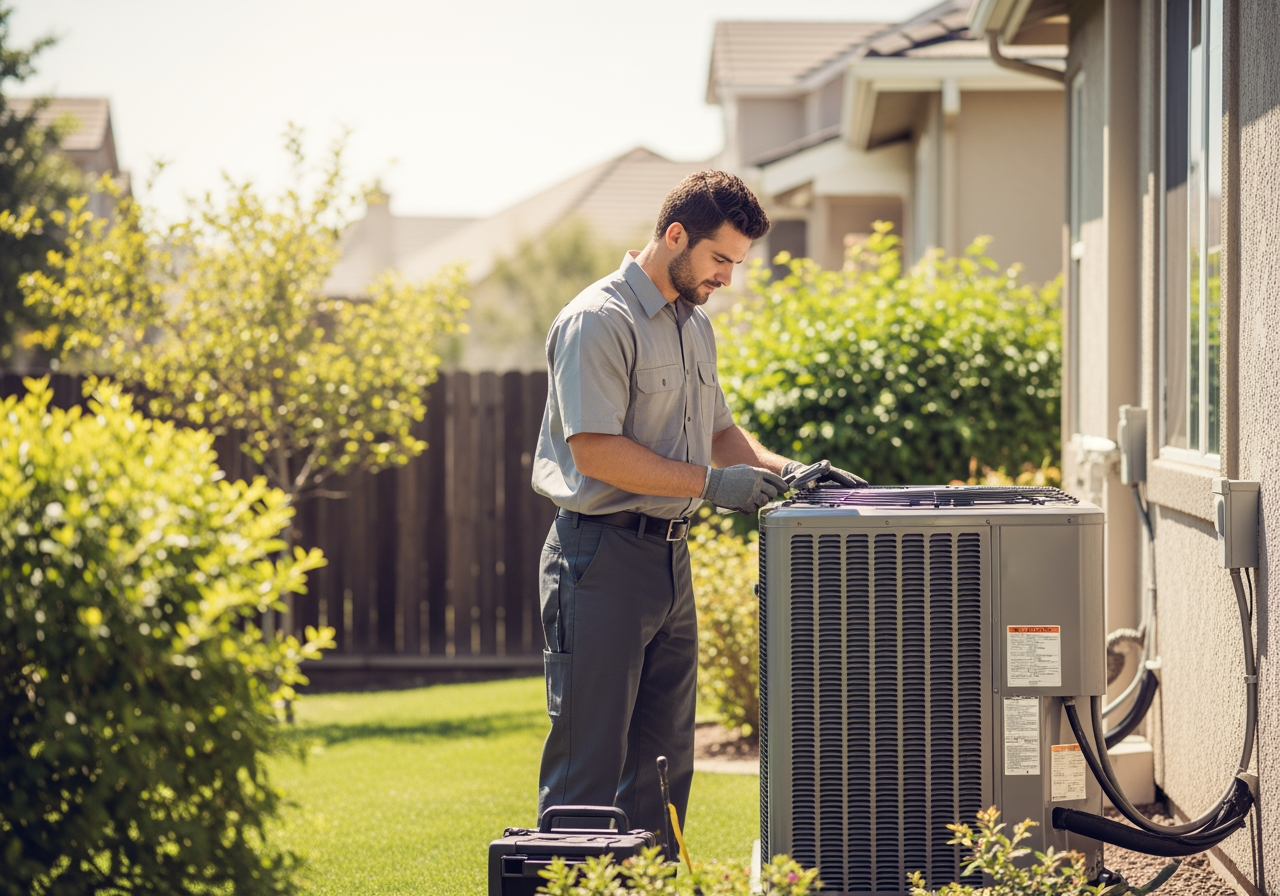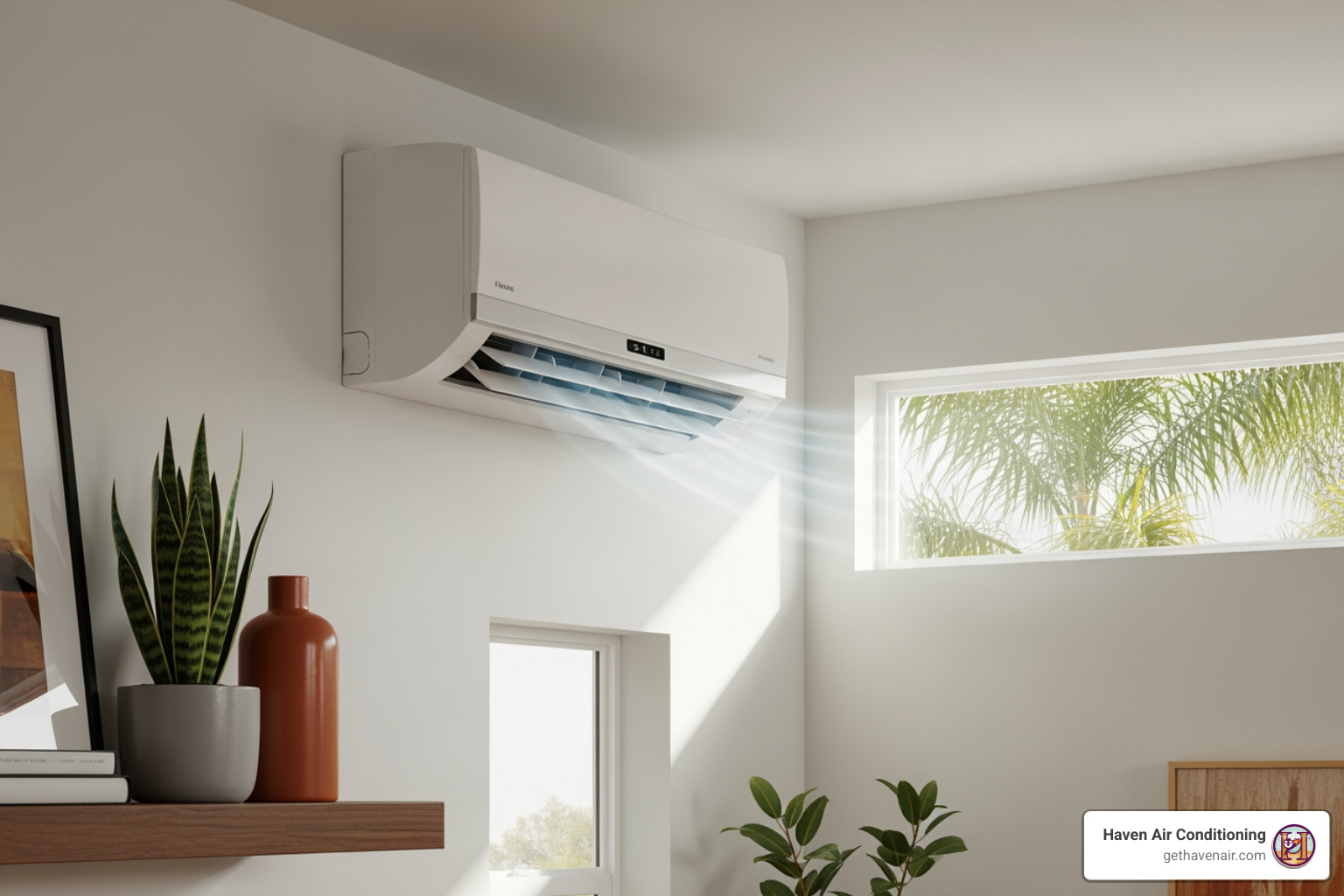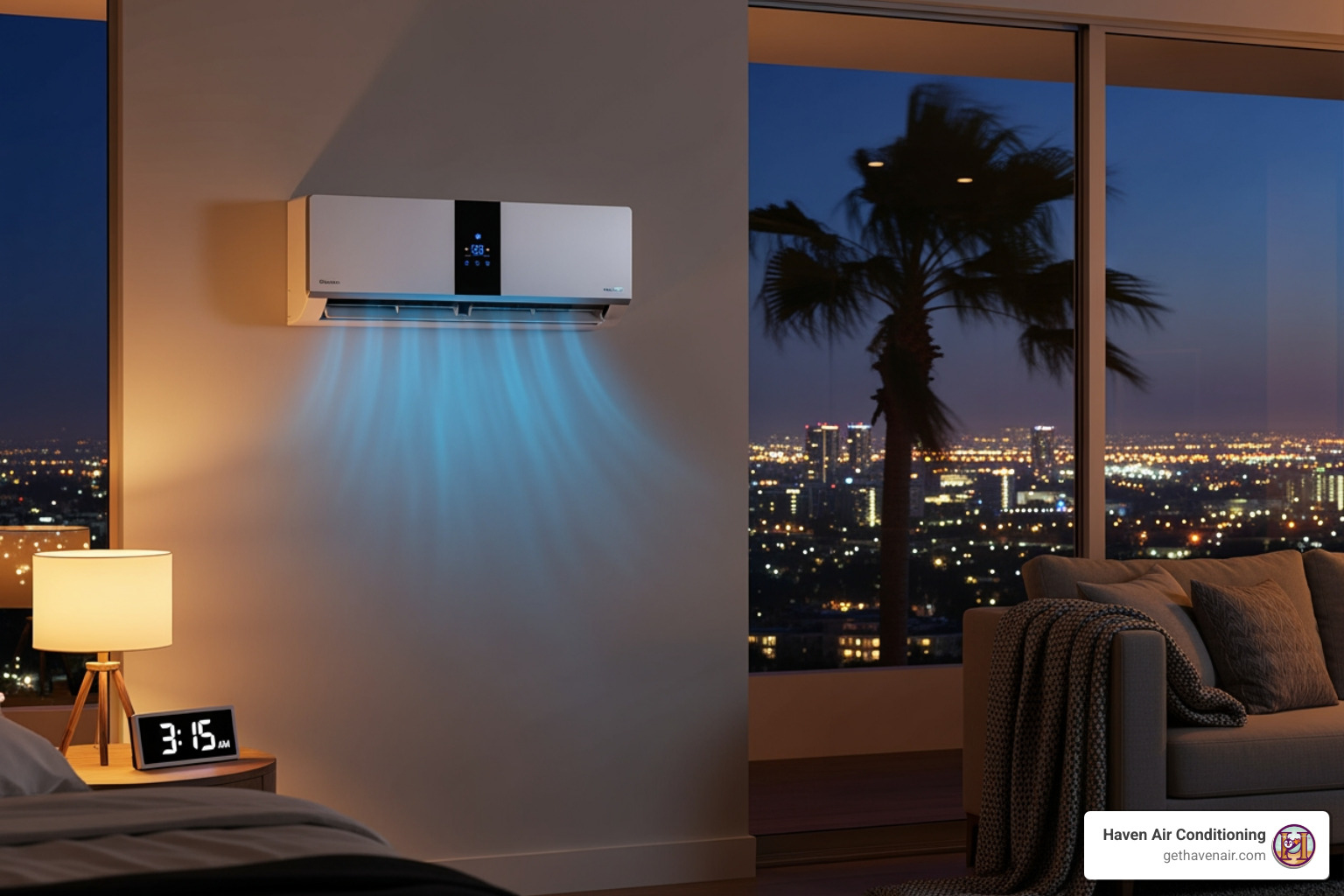Welcome to our comprehensive guide on boilers! Whether you’re a homeowner, business owner, or simply curious about this essential heating system, this article will cover everything you need to know.
What Is A Boiler?
A boiler is essentially a closed vessel that heats water or other fluids to produce steam or hot water for various applications. It serves as a vital component for heating residential, commercial, and industrial spaces. Unlike furnaces or electric heaters that primarily use air for heat distribution, boilers utilize water or steam as their medium of heat transfer. This distinction allows boilers to offer more efficient and consistent heating compared to traditional forced-air systems.
Types Of Boilers
- Fire-Tube Boilers: These boilers are commonly used in residential settings and are known for their simplicity, durability, and ease of maintenance.
- Water-Tube Boilers: Ideal for high-pressure applications due to their robust design.
- Electric Boilers: Compact, quiet, and highly efficient units that rely on electricity as their power source.
- Condensing Boilers: These boilers maximize efficiency by recovering waste heat from flue gases before they escape through the chimney stack.
- Combi Boilers: Space-saving solutions that provide both hot water and heating for your home in one unit.
How Does A Boiler Work?
Boilers are essential vessels that provide heat and hot water for residential, commercial, and industrial buildings. Understanding how boilers work is crucial for appreciating their efficiency and making informed decisions about maintenance and upgrades.
- The Basics of Boiler Operation: A boiler is a closed vessel that heats water or generates steam using fuels such as natural gas, oil, or electricity. The heated water or steam is then circulated throughout the building via pipes to provide warmth or hot water for various purposes.
Key Components Of A Boiler System:
- Burner: Ignites the fuel source (gas/oil) inside the combustion chamber.
- Combustion Chamber: Provides an enclosed space where fuel burns to release energy.
- Heat Exchanger: Transfers heat from burning fuel to either water or steam through direct contact with metal surfaces called tubes.
- Pump: Circulates heated fluid through pipes within the system.
- Expansion Tank: Accommodates any expansion of water due to temperature changes without causing damage to the system.
- Working Mechanism:
- Fuel Combustion: When you turn on your boiler’s heating system, whether manually or through an automated thermostat control panel, it triggers fuel combustion inside the combustion chamber.
- Heat Transfer: As fuel burns within the combustion chamber, it releases high-temperature gases that come into direct contact with metal tubes surrounding them. These tubes absorb thermal energy from these gases through conduction, resulting in either heated water flowing through hydronic systems (radiators, underfloor heating) or steam generation.
- Circulation: Once the water is heated or steam is generated, a pump circulates it through pipes to distribute heat throughout the building. In hydronic systems, hot water flows into radiators or underfloor pipes, releasing heat into rooms, while in steam-based systems, high-pressure vapor travels through pipes, releasing its latent heat when it condenses, providing warmth in designated areas.
- Boiler Controls: Modern boilers are equipped with advanced control panels allowing users to adjust temperature settings, monitor system performance, and schedule heating cycles for optimal comfort and energy efficiency. These controls ensure precise regulation of fuel combustion rates, maintaining consistent temperatures within desired ranges.
Energy Efficiency Tips
- Schedule annual maintenance checks to ensure optimal performance.
- Properly insulate pipes and tanks to prevent heat loss.
- Install programmable thermostats or smart controls for efficient temperature regulation.
- Consider upgrading older models with improved energy efficiency ratings.
Safety Measures & Maintenance Tips
- Ensure proper ventilation in the boiler room to prevent the buildup of harmful gases.
- Install carbon monoxide detectors near your boiler area to detect any dangerous levels of this odorless gas.
- Test pressure relief valves regularly to ensure they are functioning correctly.
Remember that choosing the right boiler is essential for optimal performance and long-term satisfaction with your heating system investment.
Looking for more definitions? Have a look at our HVAC glossary page and learn more.





